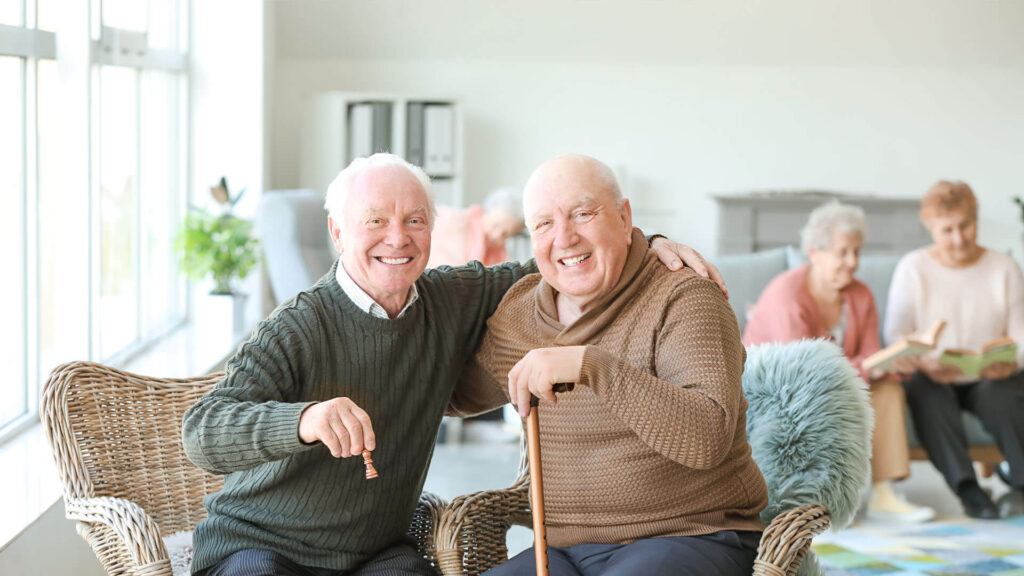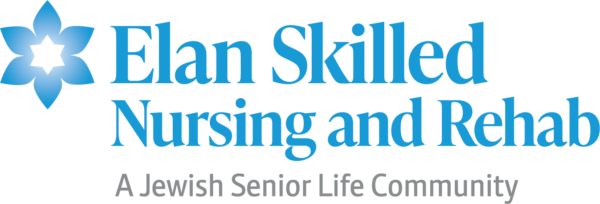Elan December Blog – Seasonal Affective Disorder

Dr. Ken Sebastianelli has served as Medical Director for Elan Skilled Nursing and Rehab, a Jewish Senior Life Community, since 2012. Dr. Sebastianelli is a board-certified Internal Medicine practitioner with Prime Med Medical Group, and is affiliated with Geisinger Community Medical Center and Moses Taylor Hospital. He is also a member of the Medical Executive Committee at Geisinger Community Medical Center.
Winter is right around the corner, and this time of year it is important to be aware of the signs and symptoms of Seasonal Affective Disorder, also known as SAD. SAD a type of depression typically starts in the fall when the days get shorter and colder and there is less natural sunlight, and continues through the winter months. The symptoms of SAD can vary from person to person, but common signs include feelings of sadness or hopelessness, fatigue, changes in appetite, difficulty concentrating, and decreased interest in activities that were once enjoyable.
SAD can be particularly challenging for seniors, who may already be dealing with a variety of physical and emotional health issues. If left untreated, SAD can be a serious condition that affects a person’s health and quality of life, so it’s important to seek medical help if you suspect that you or someone you know may be experiencing symptoms.
The good news is that there are several ways to help alleviate the symptoms of SAD in seniors. Keep reading to learn how you can avoid SAD this winter.
Light exposure
One of the best ways to avoid SAD is to get plenty of natural sunlight. This can be challenging during the winter months, but making an effort to spend time outdoors during the day can be very helpful. Additionally, light therapy, which involves exposure to bright light for a certain amount of time each day, is a common treatment that helps regulate your body’s internal clock and alleviate symptoms of SAD.
Regular exercise
Exercise is another important way for seniors to avoid SAD. Engaging in regular physical activity can help to increase the production of endorphins, which are natural mood-boosting chemicals in the brain. Exercise can also help to reduce feelings of stress and anxiety, which are common symptoms of SAD, and outdoor exercise is especially helpful as it increases your exposure to natural light. Even a short workout can help you feel better, and it’s a great way to get your body moving when it can be tempting to stay indoors.
Maintaining a healthy sleep schedule
Maintaining a regular sleep schedule can also be helpful in alleviating symptoms of SAD. While oversleeping may seem like a way to cope with SAD, it can actually worsen symptoms. Sleeping too much can disrupt the body’s natural circadian rhythm and make it harder to fall asleep at night, leading to a cycle of oversleeping during the day and insomnia at night.
It’s important for seniors and their loved ones to be aware of the signs and symptoms of SAD and to seek help if needed. If you are experiencing symptoms of SAD, don’t hesitate to reach out to a healthcare professional. With proper treatment and support, seniors can manage their symptoms and enjoy a happy and healthy winter season.
About Elan Skilled Nursing and Rehab
Serving since 1916, Elan Skilled Nursing and Rehab is the region’s premier provider of short-term rehabilitation, memory care, and long-term skilled nursing care. To schedule a personal tour or talk to our admissions team about care, we encourage you to contact Melissa Bednar at 570-344-6177. Learn more about Elan Skilled Nursing and Rehab at elanseniorlife.org.





